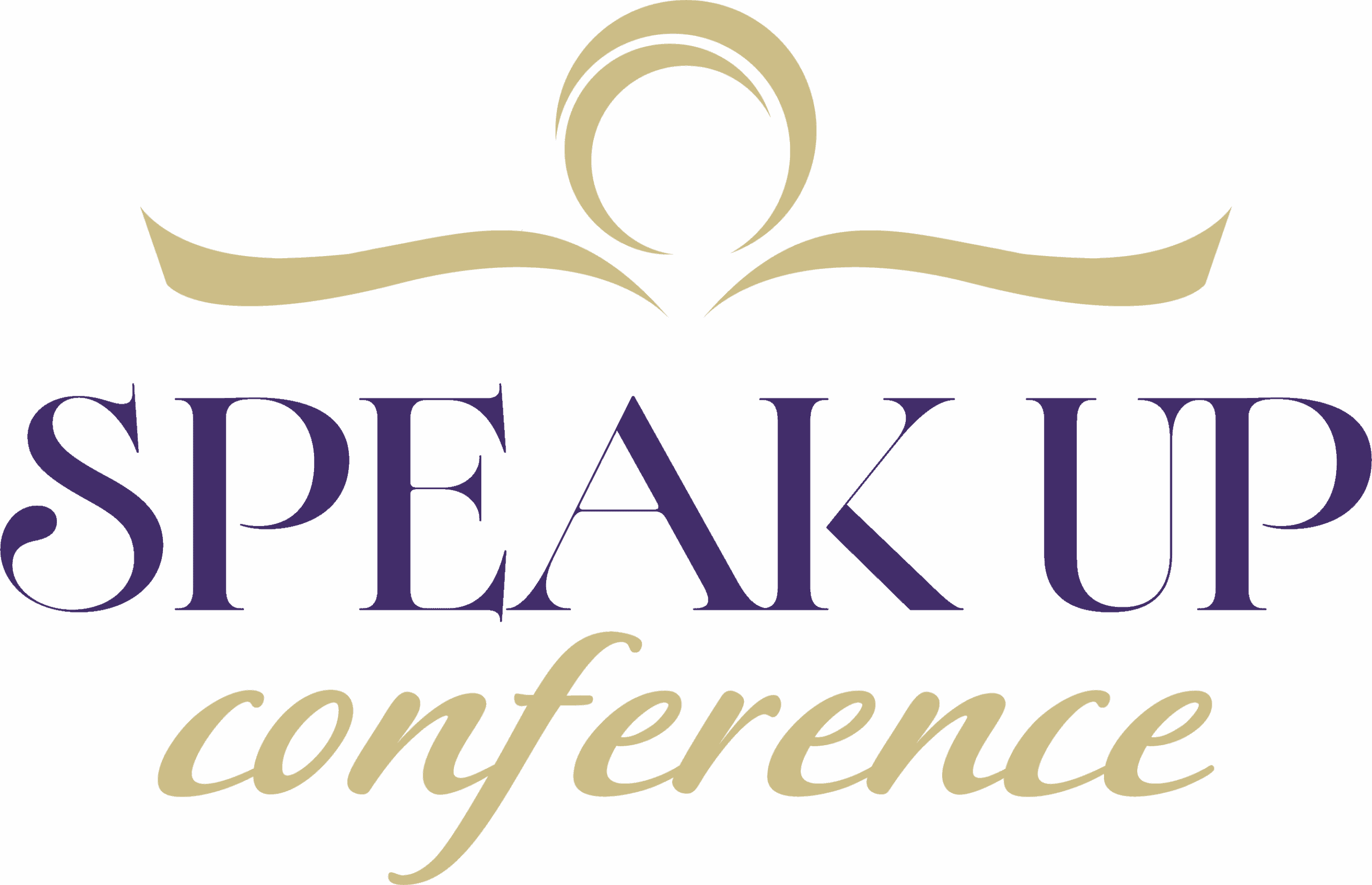
Hurry is not God’s best for writers. Many are creating content under the influence of their stressed-out and overwhelmed schedules. We struggle and strive to see God’s call on our lives fulfilled and to reach more people with His message of hope. All the while, we are daily withering under the pressure of family demands, careers, and ministry obligations. There will always be stressors in your life, but that should never be the place from which you pour into others.
Our society has cultivated a mindset of resting after completing the work. The problem is the work never gets done. There will always be more to do on your to-do list. There will always be more work needing your attention. If you only rest when the work is done, you will never feel you have permission to rest.
This is not God’s plan for rest. It is the opposite of your divine design. In Genesis, God created man on the sixth day and on the seventh day God rested. Man’s first full day began as a day of rest. Rest was the foundation, not the reward. Rest was the place from which all work would start. God’s rhythm of living for our lives is one of working from a place of rest. It begins in communion with Him and from that time we leave empowered to do the work we are called to do.
Your ministry roles may require administrative or organizational skills, or you may spend more time in communication and compassion roles. Setting boundaries can be difficult when your skills and gifts are in high demand. Every emergency is worthy of attention. Every prayer request is important. In setting healthy personal boundaries, you are not judging the validity of another’s needs, but being a wise steward of what God has given you. It is how you prevent burning out. The list of needs is endless, and there is always someone in need of the hope found in Jesus. Despite the unending to-do list, rest is a mandatory part of an effective, healthy, and sustainable ministry life.
Ten years ago I burned out. During that time God took me through an extensive time of restoration. As a board-certified internal medicine physician and researcher, God used my natural curiosity to dive deep into what it means to rest from both a biblical and scientific standpoint. From this time of inquiry came seven different types of rest I needed to feel restored.
Physical Rest: Divided into passive forms like sleeping/napping and active forms like stretching, leisure walks, and massage therapy to help improve circulation in the body.
Mental Rest: Requires quieting your thought process and clearing your mind for better focus and clarity.
Spiritual Rest: Focusing on building an intimate relationship with God over ritualistic religious routines.
Emotional Rest: Practicing authenticity and vulnerability by expressing your feelings with people you trust.
Social Rest: Spending time with people who do not put any demands on you and simply enjoy being with you.
Sensory Rest: Downgrading the external sensory input from your electronics as well as the lights and sounds in your environment.
Creative Rest: Allowing yourself opportunities to appreciate natural beauty like the beach/flowers or man-made beauty like artwork, and letting it inspire creativity inside of you.
A key part of the equation is identifying which of the seven types of rest you need most. You can then focus your attention on intentionally doing more restorative activities to pour back into the areas of greatest deficit. This is what we see within the Jewish culture when they practice their day of Sabbath. They avoid their normal work and spend the day doing restorative activities like spending time in God’s presence (spiritual rest), enjoying quality time with family (social rest), and spending time in nature (creative rest). They are not staying in bed all day. They understand that rest is not simply the cessation of activity. Rest is an active process of being filled.
If you are a writer who seeks to help others through your gifts and talents, it is critical you learn how to rest well. It is necessary to move from a place of overwhelm to a place of overflow where you no longer pour into the lives of others from your place of emptiness, but from a place of fullness. It is not merely breaking away for a vacation, but a deep abiding rest where you can momentarily lay it all down when you feel God drawing you near. It is the ability to step away for a time, while you focus not on the calling, but the One who called you.


I enjoyed reading this article.
I enjoyed reading this article.
Thank you. Very timely for the holidays but certainly all year long. I need to work on this.
Thank you. Very timely for the holidays but certainly all year long. I need to work on this.